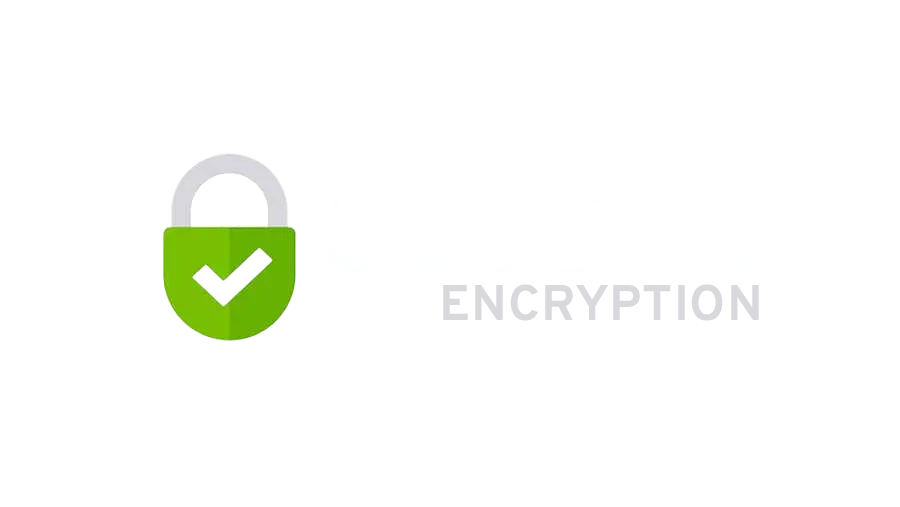How can we learn to learn more quickly?
- bernard chanliau
- Jun 11, 2020
- 2 min read

“Nothing that was will be
Again the way it once was
Everything passes, everything will
always pass
Life comes in waves
Like a sea
In infinite coming and going
(...)” Lulu Santos song
It seems obvious, but the obvious always needs to be remembered: the only permanent thing is change. Currently, the changes in the external environment (VUCA) are even faster, given the countless technological possibilities. But are people prepared to learn at the same speed as change? And how are organizations preparing their leaders to learn quickly and make decisions at different levels of complexity?
In fact, past results do not guarantee future results. In the knowledge society, the improvement in organizational performance is due to the performance of its professionals. In this sense, experience and performance combined with the delivery of results are fundamental elements for good professional performance.
On the other hand, as technology evolves, innovations emerge, realities are reconfigured and then we are all pushed into an incessant learning movement.

To succeed in this volatile, complex and ambiguous context, we need to master the art of learning and adapting.
Faced with scenarios of uncertainties and ambiguities, how can we learn to learn more quickly?
While technological solutions are not yet sufficiently validated and disseminated, we suggest some competencies that can be easily developed:
Integrating capacity - as leaders, we must have the "integrating capacity" to gather and make sense of seemingly disconnected information and ideas, creating innovative solutions from them.
Openness to the new - leaders also need to be comfortable and able to embrace seemingly absurd ideas and be open to diversity.
Active listening - good leaders are more listeners than speakers. But here we go further. Listening actively requires an authentic openness to the new and the ability to be attentive to what the environment has to say.
Systemic thinking - in a complex environment, critical thinking leaders who carefully examine problems and make new connections between all areas and the macro environment.
Setup for changes - As we move up the executive career, we need to be more and more comfortable with uncertainty and sudden change.
Ability to learn quickly - Learning requires an open and receptive mindset, this makes it possible to improve the ability to adapt. People with agile learning stand out for absorbing information from their experience and then extrapolating it to unknown situations.
Changing rooted habits and behaviours can be quite challenging. It is about exercising flexibility in thinking and behaviour in everyday organizational life, in order to make learning more enjoyable and thus stimulate the learning agility of your employees. The adaptability to learn will consistently reflect on the effectiveness of your applied skills.
So, instead of simply following a business routine, it is important to encourage reflection on the different possibilities and ways to improve efficiency and obtain better results.
by Rosi Sabino #BusinessInnovation #LearningAgility





Comments